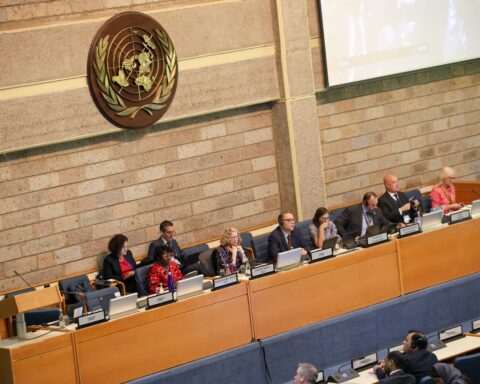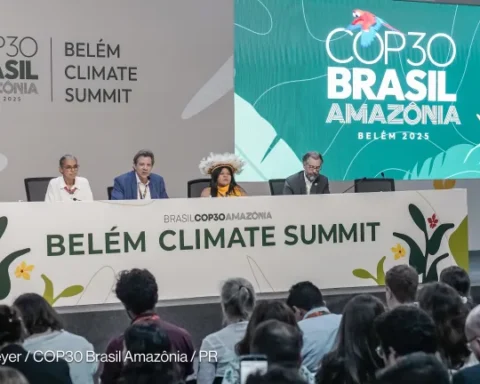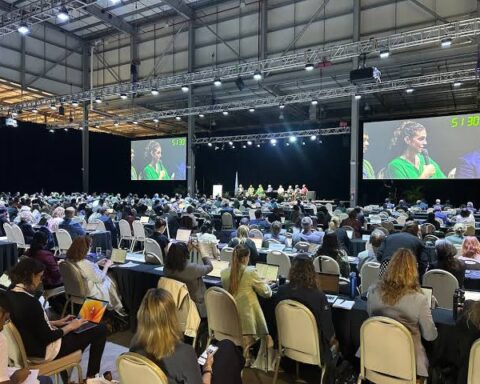In a historic move to combat pollution and safeguard human and environmental health, countries across the world have agreed to establish a new global science-policy panel to support the sound management of chemicals, waste, and pollution prevention.
The decision, which follows years of intense negotiations led by the United Nations Environment Programme (UNEP), aims to bridge the gap between science and policy, providing governments especially in developing countries like Nigeria with evidence-based guidance to take effective action against the pollution crisis.
This landmark agreement was formalized at an Intergovernmental Meeting held from 19–20 June 2025, following extensive discussions in Punta del Este, Uruguay.
The panel will operate under the auspices of UNEP and will hold its first plenary session in the coming months to adopt its initial work programme, set priorities, and outline stakeholder engagement.
Executive Director of UNEP Inger Andersen describe the agreement as historic.
“Today we made history. This panel represents science and cooperation coming together to minimize the negative impacts of chemicals and waste and prevent pollution.
“During complex times, environmental multilateralism has yet again delivered for people and the planet. Now our focus turns to operationalizing the panel to safeguard our environment and protect future generations,” she said.
The science-policy panel will carry out global assessments, identify knowledge gaps, and translate complex scientific findings into policy-relevant formats.
It will also support “horizon scanning” a forward-looking mechanism to anticipate emerging chemical and waste-related threats and guide timely responses by governments.
Nigeria, like many other developing nations, is among the countries expected to benefit significantly from this global mechanism.
With municipal waste generation projected to increase globally from 2.1 billion tonnes in 2023 to 3.8 billion tonnes by 2050, and with Nigeria’s rapidly growing urban population, the need for strategic action on waste and chemical management is urgent.
Pollution-related diseases are a growing concern. Air pollution alone is linked to 6.5 million deaths annually, while deaths from modern forms of pollution have surged by 66 per cent over the last 20 years.
The global cost of waste management, estimated at USD 252 billion in 2020, continues to rise as unsustainable practices persist.
The new panel completes a global scientific trifecta alongside the Intergovernmental Panel on Climate Change (IPCC) and the Intergovernmental Science-Policy Platform on Biodiversity and Ecosystem Services (IPBES), ensuring that science drives action on the triple planetary crisis climate change, biodiversity loss, and pollution.
For Nigeria, this development provides an opportunity to strengthen national policy frameworks, attract international support, and better protect citizens from the harmful impacts of chemicals and waste.
It also aligns with the country’s commitment to the Sustainable Development Goals, particularly Goal 3 (Good Health and Well-being), Goal 6 (Clean Water and Sanitation), and Goal 12 (Responsible Consumption and Production).
The panel is expected to play a critical role in supporting inclusive decision-making and enabling countries to implement context-specific solutions that protect both people and the planet.
By Dare Akogun








